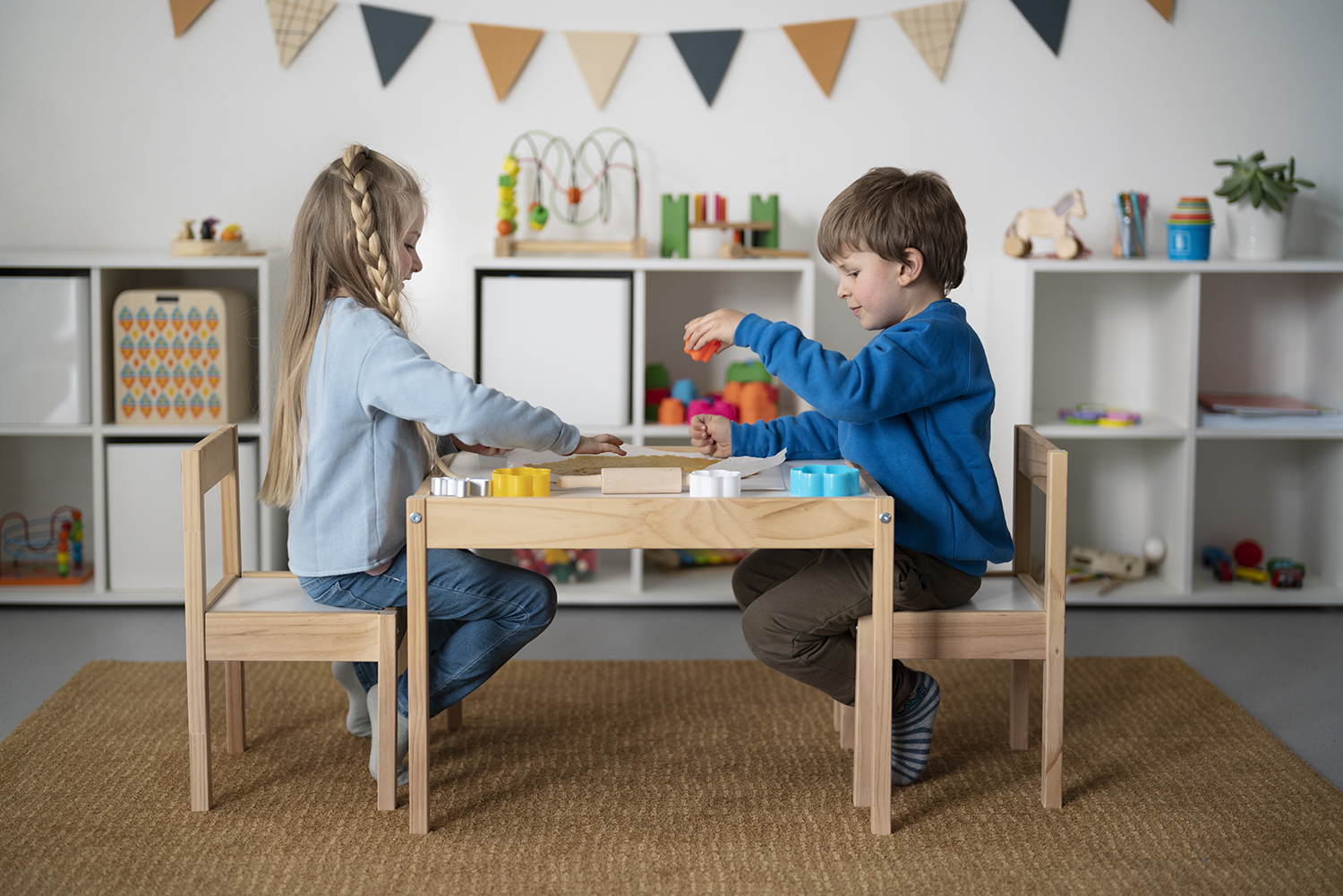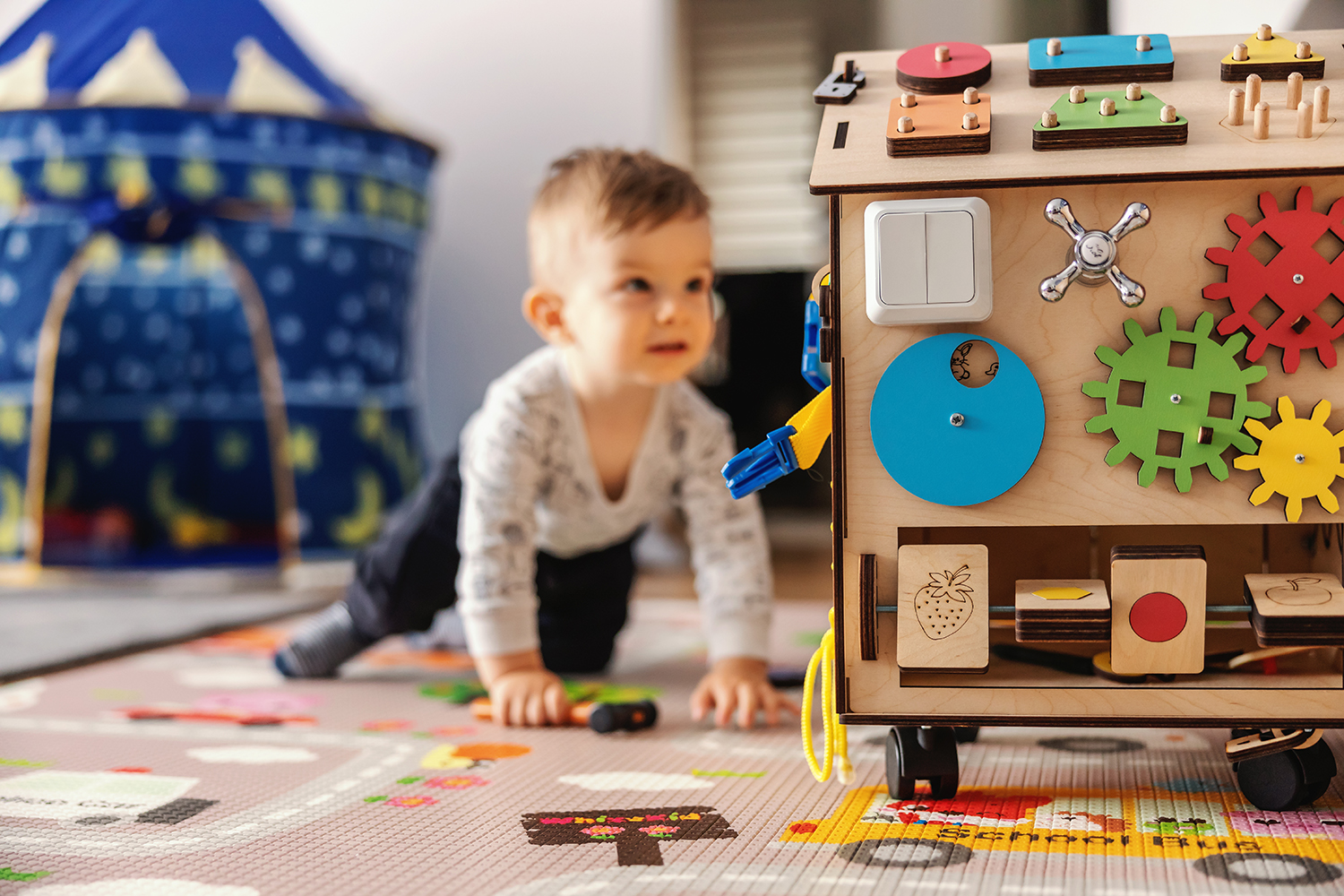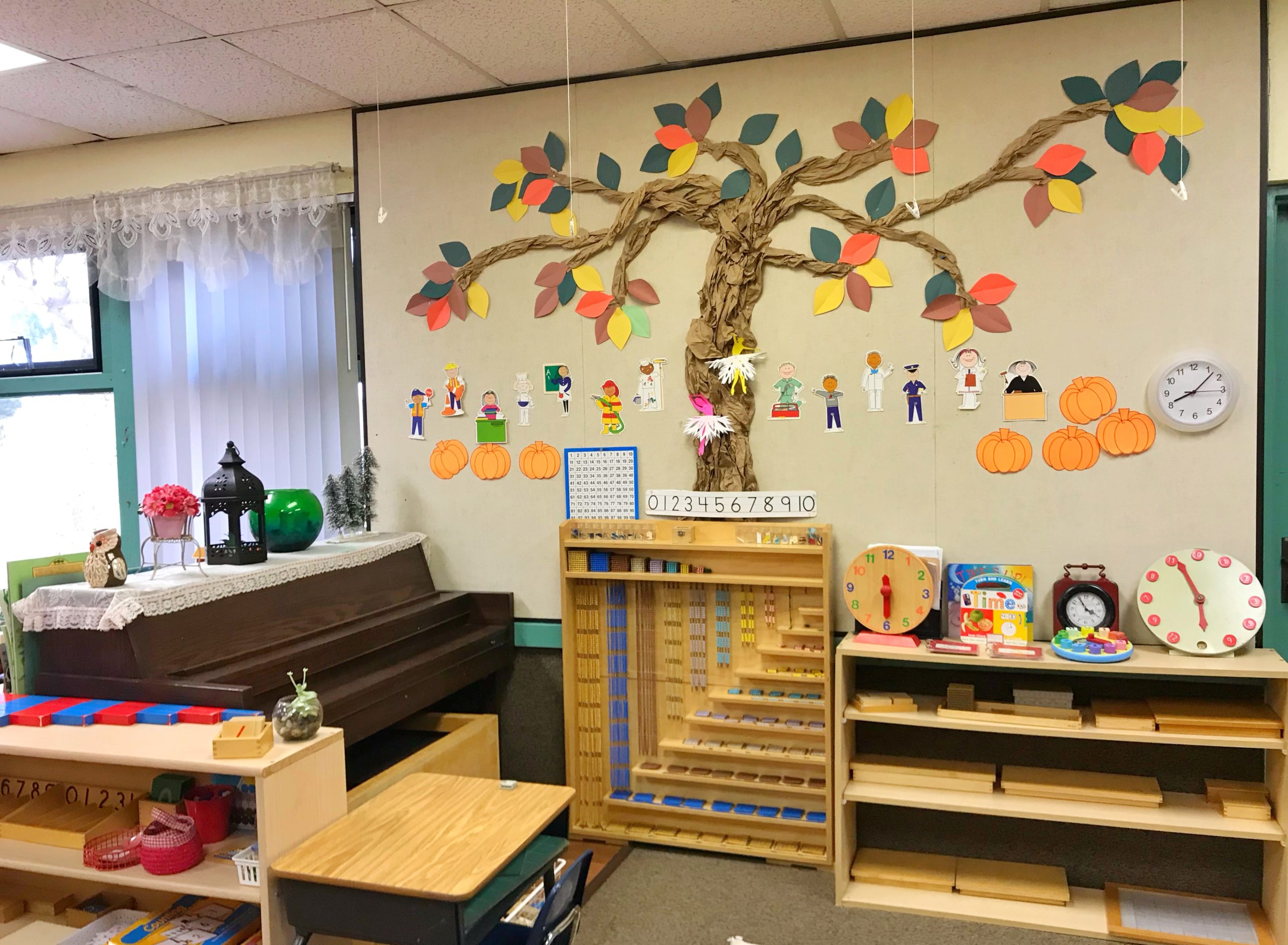
Montessori schools are an excellent way for young children to learn and acquire the skills that will serve them in their daily lives at their own pace.
Within the field of early childhood education, there are different institutions that can help children have better learning experiences during their school years. Among these are schools that use the Montessori methodology as a foundation in education. These are the best option when choosing a school because they help to foster the development of children into responsible and independent adults. Therefore, it is important to know how to differentiate a school with traditional education from those that are Montessori.
TIPS TO IDENTIFY A MONTESSORI SCHOOL
To help you choose a Montessori school, you can check that the institution complies with the following:
Children learn at their own pace
One of the most important characteristics of a Montessori-type school is that children can learn at their own pace. This is because activities are designed in a personalized way so that each child can perform them according to their abilities. Indeed, the creator of this methodology, Maria Montessori, pointed out that education should be focused on the capabilities of the children and not on the techniques of the teachers. Therefore, schools with this type of education seek to create autonomous, independent, and responsible minors.
In contrast, traditional schools do not modify their classes to the pace of the child. In this case, all children learn in the same style, although some may find it more difficult than others.
Keeps the child active
In traditional schools, it is common to see children sitting at their desks noting down activities from the blackboard. This type of learning is known as passive teaching, as it keeps the student in one place.
On the other hand, Montessori education encourages the child to explore their environment to solve the problems that arise. Even, children can choose the next activity on their own, without following a linear structure. Also, children in Montessori schools can remain in motion, jumping and exploring.
There are limits, not rules

Traditional schools usually design a set of rules for the classroom. The student who does not comply will be punished or sanctioned. On the other hand, Montessori schools give more freedom to children, but limits are set so that there is healthy coexistence among the infants.
In this case, guides or teachers place their trust in the child, who learns about the value of behavior without receiving a punishment. Even, children can learn to make their own decisions without affecting others. With this, children will establish their own limits while learning the consequences of their actions.
There are no evaluations
Montessori schools seek for the child to learn and develop their skills through real practices. For this reason, there is no traditional evaluation that measures how much they have memorized as in traditional schools.
In fact, mistakes are one of the elements that most help children in schools with this type of education. This is because the child can identify what went wrong, correct their error, and obtain the result of the activity at that moment. In contrast, traditional schools have evaluations that measure how much they have learned in a certain subject without delving into the child’s skills.
Varied learning
Another element that stands out in Montessori schools is that there is no traditional curriculum, as it seeks for the children to have varied and functional learning. That is, the minors will have access to tools that will allow them to be independent adults. At Central Montessori Schools (CMS), we offer a wide variety of activities for children to feel integrated. Additionally, we develop the skills of the minors so that they can succeed in the world.
Furthermore, the activities designed in Montessori schools are focused so that children make creative and practical decisions.
There are no competitions
Thanks to the fact that children can learn at their own pace and with the help of their mistakes, Montessori schools do not promote competition among students. In this case, all children can help each other to achieve their goals. On the contrary, traditional schools often promote competition among students by showing the best in the class on honor rolls.
These types of activities and competitions can trigger behavioral problems and, in extreme cases, stress and depression in children, as they do not feel capable of reaching their goals. Therefore, Montessori schools are a good option to motivate children to continue at their own pace.
Special furniture for children
Finally, another element that is present in Montessori schools is special furniture for children. In this case, in addition to chairs and tables sized for children, there are other items that will help them during their learning, such as child-sized sinks, floating shelves, simple wooden toys, among others.
In conclusion, if you are looking for a school for the next school year or for your child to begin developing their skills, Montessori teaching institutes are an excellent option to let them explore and learn at their own pace. At CMS, we have special classes and classrooms equipped for children to learn and develop. Additionally, our mission is to ensure that they become focused, independent, and innovative students.




